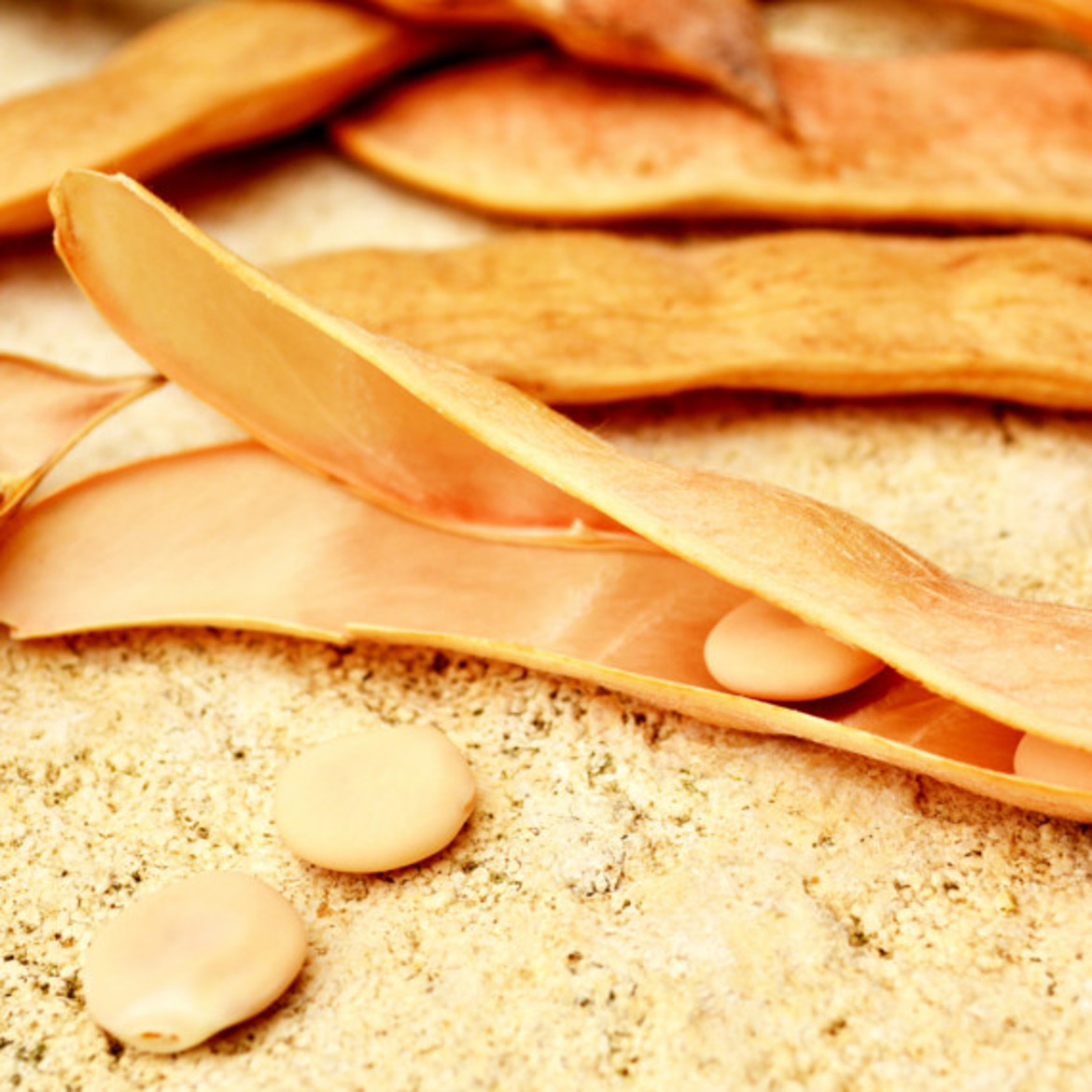Lupin
The lupin is well-known as a popular garden flower with its tall, colourful spikes, while the seeds from some varieties of lupin are also cultivated as food. These can either be eaten whole or else crushed to make lupin flour, which can be used in baked goods such as pastries, pies, pancakes and in pasta.
Allergy to lupin has been recognised for some time in mainland Europe, where lupin flour is used fairly commonly in food products. In the UK, cases of lupin allergy are less common because lupin is only rarely used in foods, but if its use were to increase, the number of cases would likely rise.
The symptoms of a food allergy, including lupin allergy, can come on rapidly. Mild symptoms may include nettle rash anywhere on the body, or a tingling or itchy feeling in the mouth.
More serious symptoms are uncommon but remain a possibility for some people. These may include:
- Swelling in the face, throat and/or mouth
- Difficulty breathing
- Severe asthma
- Abdominal pain, nausea and vomiting
Treating symptoms
If lupin allergy is strongly suspected, and especially when allergy tests have confirmed it, you are likely to be prescribed adrenaline (also known as epinephrine). These injectors are easy to use and designed for self-administration. If you are prescribed an injector, it should be available at all times "“ with no exceptions. You should seek medical advice after using it, as symptoms may return after a short period and more than one injection of adrenaline may be required to control the reaction.
Where is lupin found?
Lupin is sometimes labelled as lupine, lupin flour, lupin seed or lupin bean. Although we believe lupin to be present in very few products manufactured in the UK, it can be found in European bakery and pasta products, some of which are imported to the UK. These bakery products include pastry cases, pies, waffles, pancakes, crepes, products containing crumb, pizzas, and deep-coated vegetables such as onion rings. Health food stores have been known to sell a larger proportion of products containing lupin than conventional stores and lupin flour may be found in some products marketed as gluten-free.
Are lupin flowers a problem?
If you are allergic to lupin as a food, it`s possible you would suffer a skin reaction, such as a rash, if you handled the seeds of the garden flower. Although the plant itself is unlikely to cause problems, we would advise people with lupin allergy to play safe and not to touch them.
The main messages are:
- Always be vigilant when food is around
- Check food labels
- Be proactive when eating out
- Carry prescribed medication everywhere
- Learn how and when to use your adrenaline auto-injector
- Ensure that asthma is well managed.

